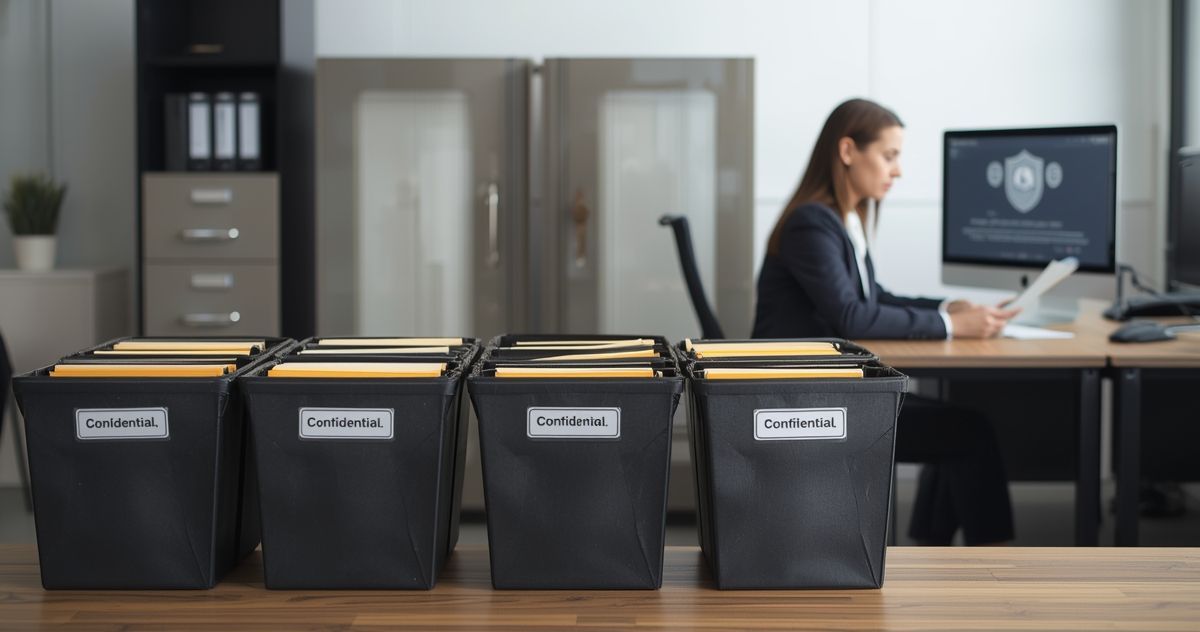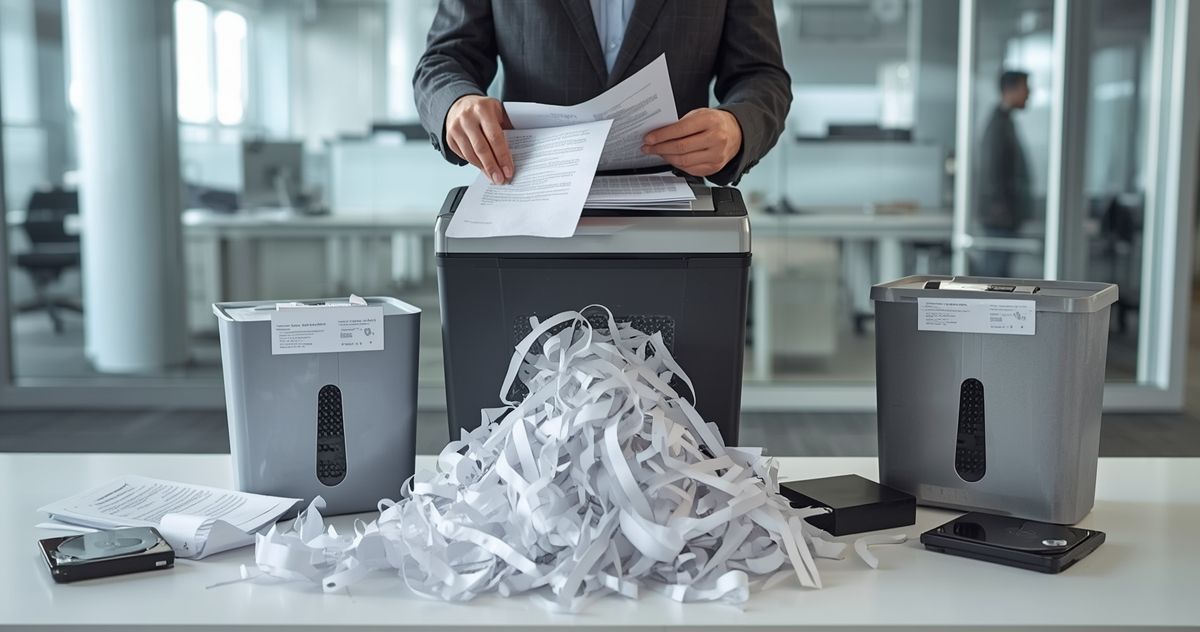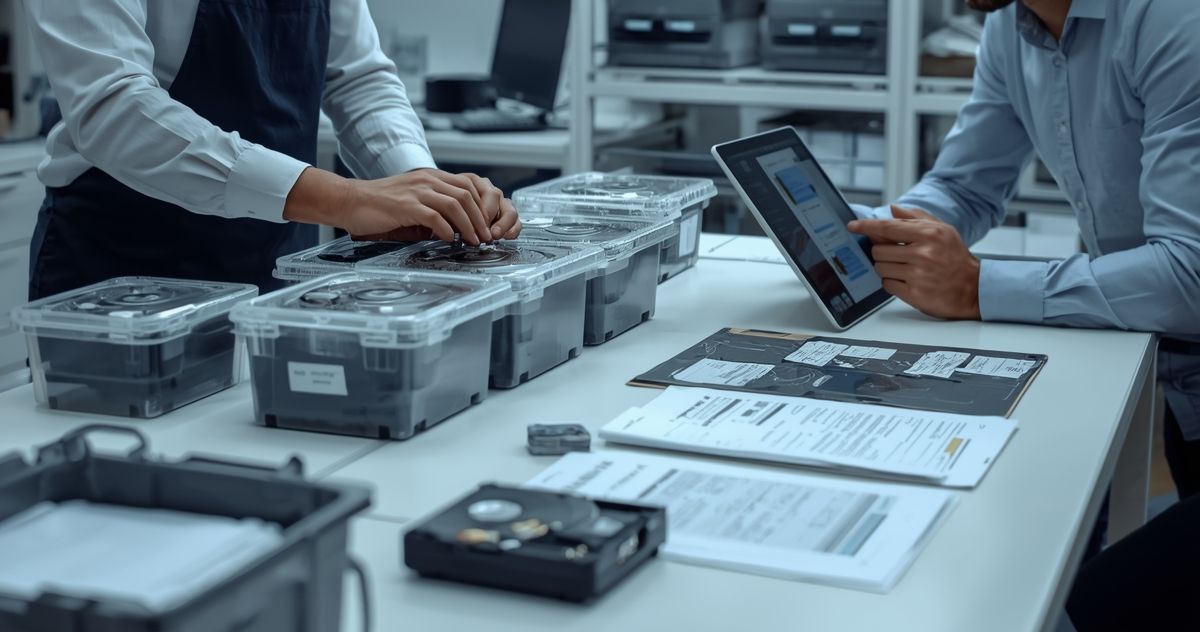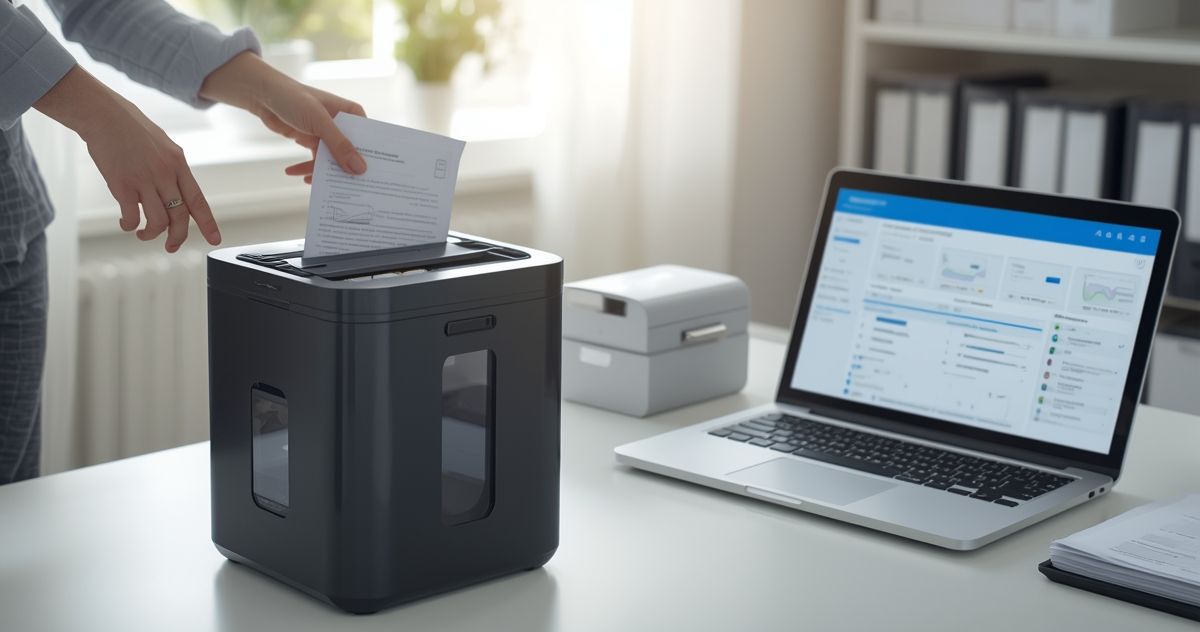Transform Your Business Efficiency by Investing in Hardware Asset Management Services
Transform Your Business Efficiency by Investing in Hardware Asset Management Services
Managing a business's hardware assets is no small feat. In today’s fast-paced technological world, outdated devices can quickly become a burden rather than a blessing. Investing in hardware asset management services can streamline operations, reduce costs, and boost productivity.
This article will explore the benefits of hardware asset management services and why selling old and outdated hardware to a specialized company is a smart move for businesses of all sizes.
The Hidden Costs of Outdated Hardware
Old hardware isn't just slow; it can cost your business more than you think. Maintenance, security risks, and operational inefficiencies add up. By hanging onto outdated devices, companies often face unexpected expenses that could be easily avoided with proper hardware asset management.
What Is Hardware Asset Management?
Hardware asset management involves tracking and managing the physical components of computers and networks from acquisition through disposal. This includes laptops, desktops, servers, and networking equipment. Effective management ensures that these assets are used efficiently, maintained properly, and disposed of responsibly.
Benefits of Hardware Asset Management
Cost Savings
By managing hardware assets efficiently, businesses can avoid unnecessary purchases and reduce maintenance costs. Efficient asset management leads to significant cost savings over time, freeing up resources for other critical areas.
Improved Security
Outdated hardware often lacks the necessary security features to protect against modern threats. By disposing of old equipment and investing in updated technology, companies can enhance their security posture and protect sensitive data.
Enhanced Productivity
Newer hardware is faster and more reliable, improving overall productivity. Employees spend less time dealing with technical issues and more time focusing on their core responsibilities.
Why Sell Old Hardware?
Environmental Responsibility
Disposing of old hardware in an environmentally friendly way is crucial. Many specialized companies ensure that outdated devices are recycled or repurposed responsibly, reducing e-waste and minimizing environmental impact.
Recouping Value
Old hardware still has value. By selling outdated devices, businesses can recoup some of their initial investment. This recovered capital can be reinvested in new technology or other business initiatives.
Simplified Inventory Management
Managing an inventory of outdated devices can be cumbersome. Selling old hardware simplifies inventory management, making it easier to keep track of current assets.
The Process of Selling Old Hardware
Evaluation
The first step is to evaluate the condition and value of the old hardware. Specialized companies with expertise in this area will thoroughly assess the devices, considering factors such as age, wear and tear, and current market demand. After a detailed assessment, they will provide a fair market value, ensuring you get the best possible return.
Data Erasure
Before selling old hardware, it’s essential to ensure all data is securely erased. This step is crucial for protecting sensitive information and complying with privacy regulations, such as GDPR and CCPA.
Collection and Payment
Once the devices are evaluated and data is erased, the specialized company will arrange for the collection of the hardware. This often involves professional logistics services to ensure safe and secure transportation. Following the collection, you will receive payment based on the previously agreed-upon fair market value. This entire process is designed to be seamless and hassle-free, providing you with peace of mind as you upgrade your technology.
Choosing the Right Hardware Asset Management Service
Reputation and Experience
When selecting a hardware asset management service, consider the company’s reputation and experience. Look for reviews and testimonials from other businesses to gauge their reliability and expertise.
Range of Services
Choose a company that offers a comprehensive range of services, including evaluation, data erasure, and secure disposal. A one-stop solution ensures a smoother process and better results.
Customer Support
Good customer support is essential. Ensure the company you choose offers responsive and helpful support throughout the process.
Frequently Asked Questions About Hardware Asset Management
What is the lifespan of typical hardware devices?
The average lifespan of hardware devices like laptops and desktops is about 3-5 years. Beyond this period, they often become less reliable and more expensive to maintain.
How often should businesses update their hardware assets?
It's recommended to review and update hardware assets every 3-5 years to ensure optimal performance and security.
What should businesses consider when disposing of old hardware?
Businesses should ensure data is securely erased and choose a company that follows environmentally responsible disposal practices.
The Future of Hardware Asset Management
As technology continues to evolve, staying ahead of the curve with efficient hardware asset management will become even more critical. Future trends include increased automation, which will streamline asset management processes and reduce manual effort. Better analytics for asset tracking will provide deeper insights into asset utilization and lifecycle management, allowing for more informed decision-making.
Additionally, enhanced security features will protect valuable hardware assets from potential threats and vulnerabilities, ensuring the integrity and reliability of the IT infrastructure. Embracing these advancements will be essential for organizations aiming to optimize their hardware asset management and maintain a competitive edge.
Actionable Steps for Businesses
- Evaluate Current Hardware: Regularly assess the condition and performance of your hardware assets.
- Choose a Reputable Service: Partner with a trusted hardware asset management service for seamless disposal and upgrading processes.
- Plan for Updates: Create a schedule for regular hardware updates to ensure your technology remains cutting-edge.
Ready To Elevate Your Hardware Asset Management?
Taking proactive steps in managing hardware assets is essential for maintaining a competitive edge in today’s fast-paced business environment. Partner with Data Shredder Corporation in Massachusetts for comprehensive and reliable services, including thorough data erasure, hard drive data destruction, secure disposal, and fair market value returns on outdated hardware.
Our expert team is dedicated to helping you optimize your IT infrastructure and stay ahead in today's competitive landscape. Contact us now to schedule a consultation and learn more about how we can support your business's growth and security needs.
Together, we can make a significant impact and build a healthier planet for future generations.











Share On: